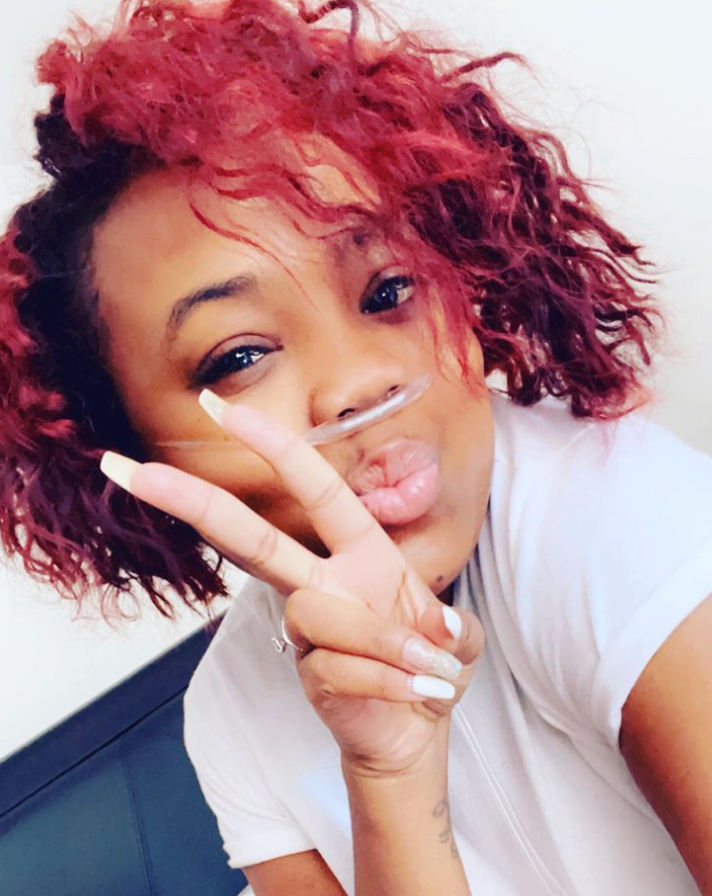Did you know that depression is one of the most common complications of living with a Chronic Illness?
The symptoms of depression and anxiety are common in people with sickle cell disease (SCD). People who have this condition often experience mental health problems because their physical pain makes them feel like they can’t take on the world. Stressful aspects associated with living with it, such as feeling anxious all day long from managing a chronic illness or being too tired after working an exhausting job also come into play for some patients, especially if those stresses don’t match what happened before treatment began.
Mental illnesses affect many more individuals than we realize: one out of four Americans will develop clinical major depressive disorder at some point during his life expectancy.
Elise Perry’s Story
My name is Elise Perry, I am a 31-year-old Sickle Cell Anemia Survivor. Sickle Cell Anemia is an inherited red blood cell disorder in which there are not enough healthy red blood cells to carry oxygen throughout the body. In sickle cell anemia patients, the red blood cells are shaped like crescent shapes or half-moons making it harder for the red blood cells to move throughout the body and causing blockage of oxygen to flow to other parts of the body. When this occurs it causes a pain crisis or what some may call a “flare-up.”

Being in and out of the hospital my entire life, I learned to be strong because having Sickle Cell Anemia is something that I had to live with. I learned to mask things including my feelings and didn’t realize how my Chronic Illness was truly impacting my life. I recall a time in my life where I was going to work every day but my mind would be in another place. I was honestly just showing up to work so I wouldn’t get fired. I would go to work, do enough to stay in compliance and out of upper management’s view but I would sit at my desk and just scroll on social media my entire shift.
My life became this routine of dragging to get out of bed, getting to work, sitting at my desk scrolling social media, going home cooking dinner, and going to bed then I would repeat this cycle all over again the next day. After being hospitalized twice back to back, I realized something was wrong with me and I started my search for a therapist.
Once I found my therapist I began my journey to ditch depression and I want to share three things I learned on my healing journey.
Tips to Ditching Depression
- Take The Time You Need – Unfortunately, depression doesn’t have an end date and it’s like the weather, forever changing. You will have great days and you will have some bad days. Take advantage of those great days and take the time you need when you have your bad days.
- Find Something That Makes You Happy– When I was finally diagnosed with having situational depression, I knew I had to make a change. I would go to the water and journal. I would also listen to music and cook some of my favorite foods and drink an adult beverage…Oh, and do a little two-step as well.
- Speak– Our words have power and sometimes we have to open our mouths and command things over our life. I began to speak positive affirmations daily and command my day by saying “Today will be a great day and I will not be sad today, today I will be productive.”
Elise’s story is not uncommon. However, she was proactive in seeking the helping she needed. We encourage you to do the same. It doesn’t have to be due to a chronic illness. We know, first hand, that depression is prevalent in many other circumstances. The key to ditching it is getting in the ring with it. Being proactive is fighting against it. Do wait until it knocks you out – know it out, first.
You can do it!
